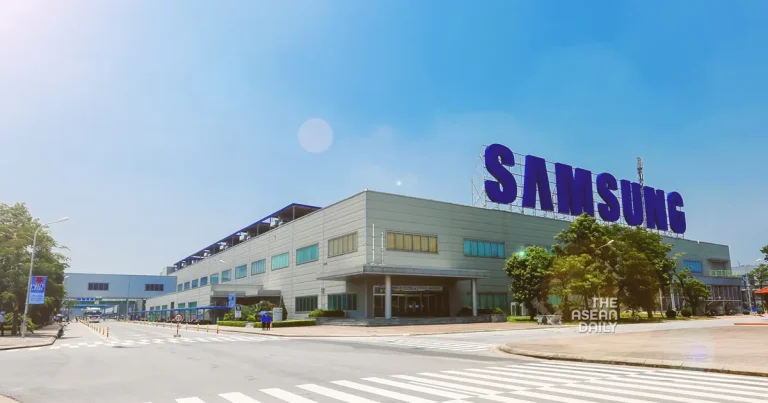29-11-2023 (HANOI) Vietnam’s legislature has decided to elevate the effective tax rate applied to major multinationals, including Samsung, to 15 per cent starting January 1, 2024, as part of a global tax reform. While the decision has been made, the implementation of measures to counterbalance the heightened levy has been deferred.
Although new incentives for high-tech investors are anticipated in the future, the delay has sparked concerns about potential impacts on foreign investments, upon which the country heavily relies.
Le Quang Manh, head of the assembly’s financial commission, clarified that the National Assembly is not currently issuing a separate resolution on investment incentives. Instead, the government plans to devise specific incentives in 2024.
Vietnam’s existing corporate income tax stands at 20 per cent, but the country has historically provided significantly lower effective rates to large foreign investors. With the new 15 per cent rate, 122 foreign companies, including Samsung, are expected to face a substantial increase in their tax obligations. The Vietnamese government estimates an additional state revenue intake of 14.6 trillion dong ($601 million) annually.
Samsung, a major player in Vietnam with multi-billion-dollar revenues from its local factories, is anticipated to bear a significant portion of the added tax burden. Notably, the South Korean electronics giant, which manufactures half of its smartphones in Vietnam, reportedly paid as little as 5.1 per cent in tax in 2019 in one of the Vietnamese provinces where it operates.
Despite queries from Reuters earlier this week, Samsung has yet to respond to inquiries regarding the tax changes. The development underscores Vietnam’s commitment to global tax reform but also raises concerns about the potential ramifications for foreign investment in the country.




